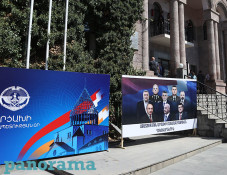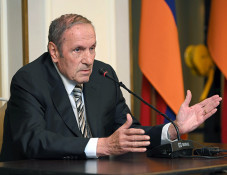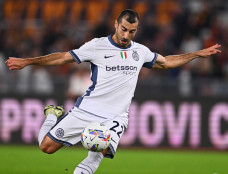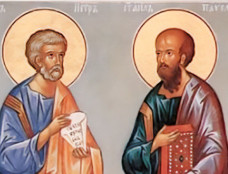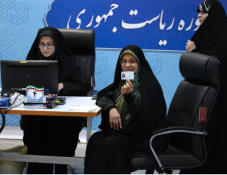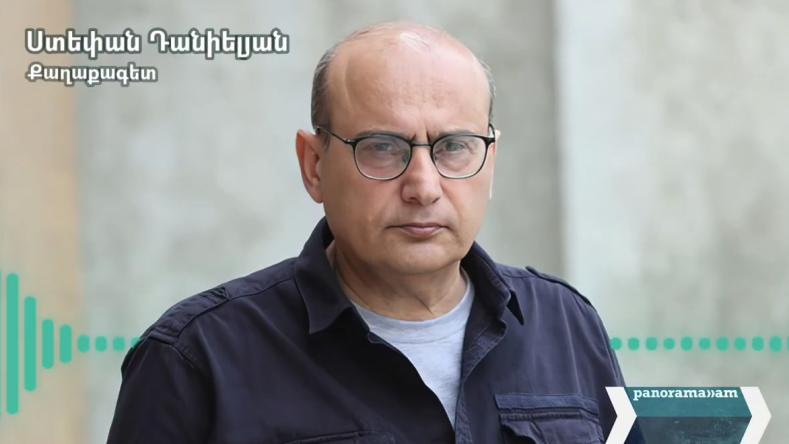
Political analyst reflects on NATO chief's statements in Yerevan
"I applaud your solidarity with Ukraine and call on all partners to do everything in their power to prevent Putin from winning his war of aggression,” NATO Secretary General Jens Stoltenberg said following his meeting with Armenian Prime Minister Nikol Pashinyan in Yerevan on Tuesday.
Panorama.am reached out to political analyst Stepan Danielyan for comment on the statement and the possible developments in the South Caucasus after the NATO chief’s tour.
"First of all, let's understand what the wording "to prevent Putin from winning this war" means. The French president made some statements that many people did not take seriously or did not understand their meaning. It’s about Macron's call for NATO to deploy troops to Ukraine and his statement on Odessa. What does it mean? I think the scenario of Germany or Korea in 1945 is highly unlikely. Ukraine is now dividing into two parts. The point is not to let Russia win, i.e. to seize the whole Ukraine or the Black Sea coast completely,” the analyst said.
“And if NATO troops enter Ukraine, in the absence of military clashes between NATO and Russia, Ukraine will be divided, as Germany was once divided and Korea is currently split. Now the dispute is about territories, so that the Black Sea shores do not fall under Russia’s control. Russian President Vladimir Putin’s statement that If Polish troops enter Ukraine, they will never leave its territory and Poland wants back the areas it considers part of its territory indicate that the Russian leader agrees with this scenario. In addition, Putin raised the possibility of setting up a buffer zone inside Ukraine to help protect against NATO strikes. I guess public negotiations are going on over it.
“Now let's turn to your question. I’d like to remind you that we are making assumptions, trying to understand the logic. It is possible that in parallel, backstage talks with Russia on the South Caucasus are underway. In other words, the South Caucasus may be a common zone: the setup of joint Russian-Turkish monitoring center in Aghdam means that Russia and Turkey, a NATO member state, have an agreement on joint oversight.
“After Ukraine, the next hot spot is the South Caucasus, which has assumed a pivotal role for its communications. In other words, a new world order is being formed, raising up the control over communications. And the NATO chief’s tour of the South Caucasus fits into this scenario. Some kind of bargaining is going on, which may be marred by use of force," Danielyan stated.
Jens Stoltenberg also said in Yerevan that, “If Putin succeeds in Ukraine, there is a real risk that his aggression will not stop there. And other authoritarian actors will be emboldened."
In response to a question about who the NATO secretary general considers authoritarian actors in the region, the expert noted: "It refers to Iran and China, since China as well as India are also interested in the South Caucasus communications. Iran, which opposes the deployment of NATO troops to the South Caucasus, plays a key role here. The NATO chief’s message is primarily addressed to Iran. Hence, the question arises: what policy is pursued by the so-called authorities of Armenia? That is, they do not pursue it themselves, whose policy they are advancing and what risks it could pose to relations with Iran.
Related news
- Expert comments on NATO chief's tour of South Caucasus
- NATO chief applauds Pashinyan's solidarity with Ukraine
- NATO envoy hails 'historic' visit to Armenia
- Pashinyan meets with NATO chief in Yerevan
Newsfeed
Videos








